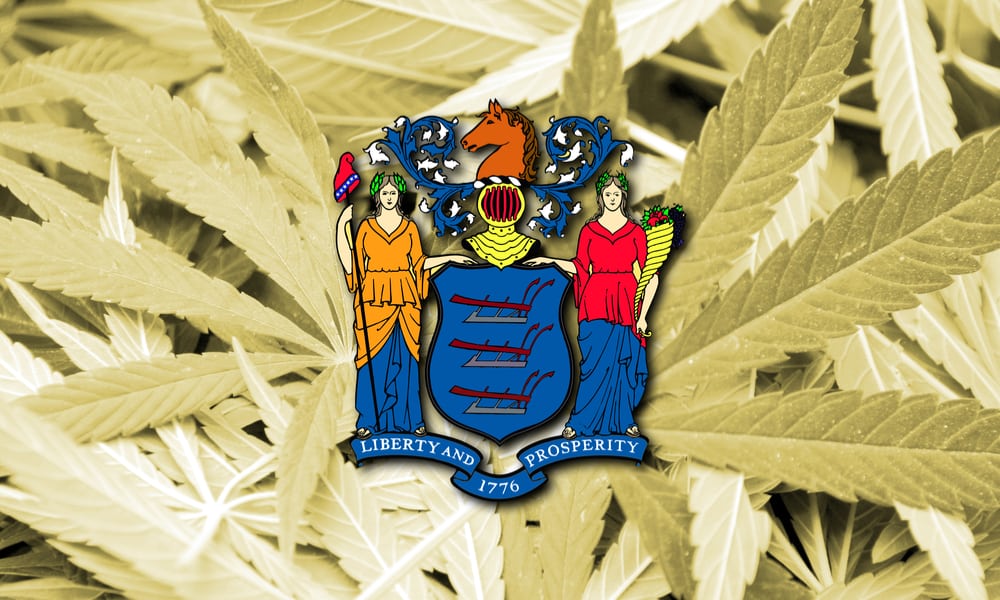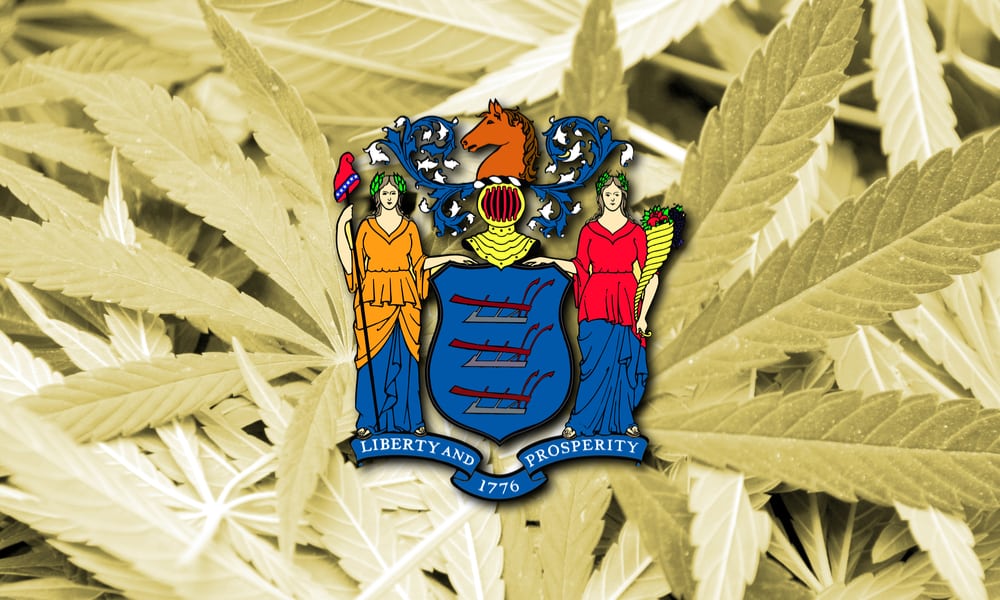
New Jersey Gov. Phil Murphy announced on Tuesday that he had reached an agreement with legislative leaders to legalize recreational marijuana for adults. Lawmakers expect to vote on the deal on March 25 and Murphy could sign the legalization bill later that week. Murphy said in a press release that after nearly a year of negotiation, he and lawmakers including Senate President Steve Sweeney, Assembly Speaker Craig Coughlin, Senator Nicholas Scutari, and Assemblywoman Annette Quijano had agreed on a regulatory and tax structure for an adult-use cannabis industry. The governor said that legalization would help address the systemic injustice in the enforcement of cannabis prohibition.
“Legalizing adult-use marijuana is a monumental step to reducing disparities in our criminal justice system,” said Murphy. “After months of hard work and thoughtful negotiations, I’m thrilled to announce an agreement with my partners in the Legislature on the broad outlines of adult-use marijuana legislation.”
Bill Will Regulate Cannabis Industry
Under the agreement, a state Cannabis Regulatory Commission will be established to create the rules for marijuana cultivators, manufacturers, wholesalers, and retailers. Murphy said that the plan will encourage business development and allow scarce public resources to be reallocated to other issues.
“I believe that this legislation will establish an industry that brings fairness and economic opportunity to all of our communities, while promoting public safety by ensuring a safe product and allowing law enforcement to focus their resources on serious crimes,” Murphy said.
Sweeney said that the deal will bring New Jersey’s cannabis industry out of the unregulated black market.
“This plan will allow for the adult use of cannabis in a responsible way,” said Sweeney. “It will create a strictly regulated system that permits adults to purchase limited amounts of marijuana for personal use. It will bring marijuana out of the underground market so that it can be controlled, regulated and taxed, just as alcohol has been since the end of Prohibition. This plan will also advance important social justice reforms to help reverse the discriminatory impact that drug laws have had on diverse communities.”
Taxes, Taxes, and More Taxes
Cannabis will be taxed by the state at the cultivation level at a rate of $42 per ounce. Local jurisdictions that are the home to cannabis businesses will receive an additional tax to be assessed at a rate of 3 percent for retailers, 2 percent for cultivators and manufacturers, and 1 percent for wholesalers.
The agreement includes plans for an expedited process for the expungement of criminal convictions for minor marijuana offenses, as well as a “virtual expungement process that will automatically prevent certain marijuana offenses from being taken into account in certain areas such as education, housing, and occupational licensing.” The bill will also contain provisions to encourage participation in the cannabis industry by businesses owned by women, minorities, and members of the middle class and disadvantaged communities.
“We learned from stakeholders and listened to opponents. The final product is fair, responsible and focused on social justice,” said Quijano.
The text of the bill reached under the agreement will be released once technical edits have been completed. While Sweeney has said he may need help from Murphy to get the deal approved in the Senate, the Assembly is already moving ahead. A committee vote is expected next week and the body could take a floor vote on the measure on March 25.











